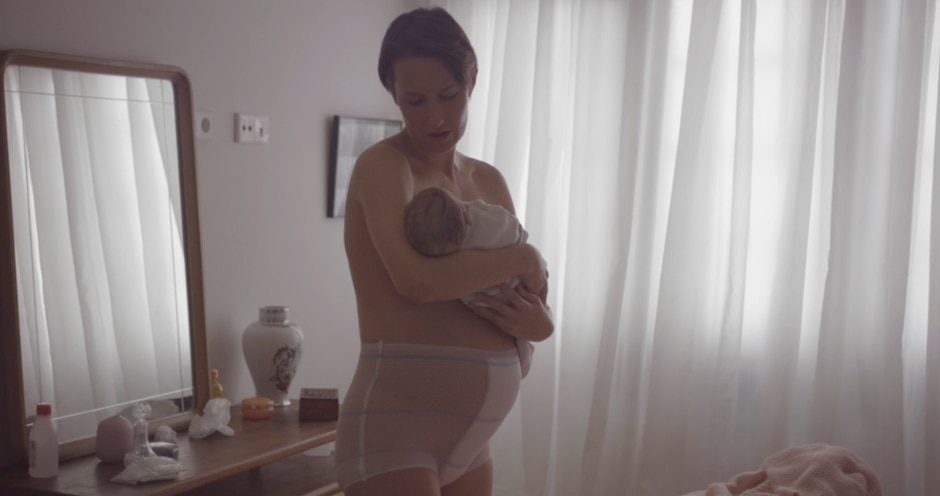


Becoming a parent is a truly special experience, full of excitement and happiness. But it can also be stressful and frightening – especially if you’re the one who’s carrying the baby, and even more so in these times.
Your body is changing. Your emotions are fluctuating – which is understandable as you’re preparing for labour during a global pandemic. All this (and more!), while knowing that your life is about to change forever. It’s easy to see how this could be scary.
Even with social distancing measures providing their own set of challenges, you can still have a completely positive birth experience. After all, you’re still in control of the choices you make.
Fortunately, you’re not the only one. Everybody who goes through pregnancy and labour will experience many of the same changes and emotions.
The obvious changes to your body during pregnancy are hard to miss. But there’s a lot happening behind the scenes, too. From the moment you conceive, your womb, vagina and vulva start preparing for the birth of your baby.
Many women find that their labia change colour and size during pregnancy. Others experience changes to the size of their vagina. This is just your body’s way of getting ready for labour; it’s all entirely natural and normal.
If you end up giving birth vaginally, there might be other changes, too. Women’s bodies are designed for birth, and the vagina is built to stretch, but some tearing during labour is still very common. As one mother told our #wombstories project, “It’s like a peaceful garden, full of beautiful flowers, which is suddenly changed forever”. If you have a tear – or an episiotomy (when a cut is made to help limit the damage from natural tearing) – you may need stitches, which can change the way your vulva looks and how you experience sex.
Pain or dryness is common, but luckily this improves over time and with lubricants. Many women also experience a weakening of their pelvic floor, which can impact continence. In fact, a vaginal delivery doubles or triples the chance of experiencing stress incontinence [1].

Society puts a lot of pressure on women to ‘bounce back’ after giving birth. As one woman told us, “I was surrounded by diet advice and workout tips, it felt as though I had all these expectations for my body”.
But, as any new parent will tell you, ‘bouncing back’ is a ridiculous expectation. Your body has done an incredible job of carrying and birthing your baby, and now it needs time to heal.
After my pregnancy I had a protruding stomach – somebody actually asked me if I was pregnant, which was obviously upsetting.
Over time, your body will recover and change again. Not back to exactly how it was pre-baby, but to a new-normal for you. This might mean your vulva looks different. Or your vagina feels different. Or something else entirely. All of these changes are part of giving birth, which after all, can also change who you are and how you see the world at the deepest level.
So although you might be feeling pressured to look a certain way after birth, remember that you made a baby. This is your time to look after yourself and nurture your body, embracing all the changes that are a result of the little life you created.
As one mother told us, “Being a mother is a beautiful thing, we shouldn’t look at our stretch marks as something we’re ‘left with’, but something that we have earned.”
We couldn’t have put it better!
If you have birth story you’d like to share, help us break the stigma around childbirth by sharing your experience using #wombstories.